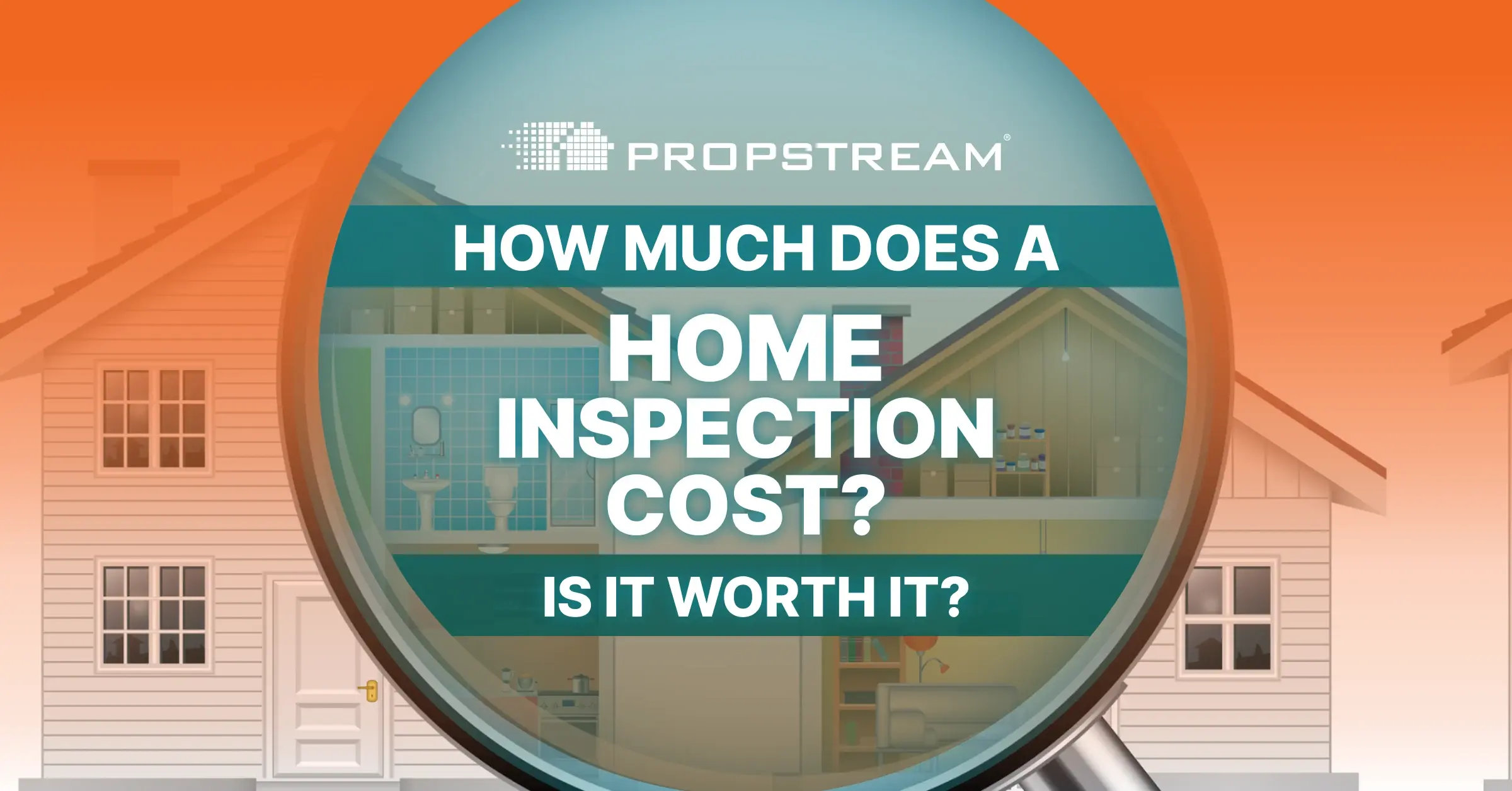The short-term rental market has seen explosive growth in recent years, partially driven by the popularity of platforms like Airbnb and VRBO. These platforms have revolutionized the way people travel and stay, offering unique and personalized lodging experiences across various markets. As a result, property managers face new and complex accounting demands.1
Property managers must track income and expenses from various sources, reconcile payouts and service fees, manage taxes, and provide accurate financial reporting to property owners.4 These tasks require meticulous attention to detail and robust accounting processes to ensure accuracy and compliance.1
Common Accounting Pain Points Faced by Short-Term Rental Property Managers
%20(1).png?width=1252&height=834&name=accounting%20(4)%20(1).png)
Trust accounting and owner statements
Trust accounting is by far one of the most significant challenges for property managers.
While legal requirements vary from state to state, applying specific trust accounting methods is widely considered to be the best practice for companies that manage funds on behalf of homeowners.3 The overarching goal of trust accounting is to prevent commingling, which means that funds in the trust account are separate from operating funds.
Property managers must ensure that every dollar received from guests is tracked and allocated appropriately for each owner. Each month, property managers furnish an owner statement that reports all revenue earned by the property in the previous period, the expenses, commission, and fees that were deducted, and the net income to be paid out to the owner. 5
Reconciling payouts, service fees, and refunds
Reconciling payouts, service fees, and refunds is another common pain point.
With dozens of bookings and transactions occurring daily across multiple platforms, property managers must verify that the amounts received match the expected payouts.2 Moreover, each booking platform and merchant processor has its own fee structure, payout schedule, and refund policies, making it difficult to maintain a clear and consistent financial record.3
Discrepancies can arise due to batch deposits, integration errors, post-stay adjustments, or duplicate records, requiring careful review and reconciliation to avoid errors and provide accurate financial reporting.1
Collecting and remitting short-term rental taxes
Tax management is a critical aspect of short-term rental accounting 6.
On top of income taxes and sales taxes, property managers must also navigate lodging and occupancy taxes.3 Since lodging and occupancy taxes are enforced at the state level as well as local jurisdictions, property managers can be required to collect multiple types of fees and report to multiple districts on varying schedules.
In some cases, marketplaces like Airbnb will automatically collect and report taxes at the state level, but they typically don’t file for municipalities. Property managers need a thorough understanding of tax requirements specific to the areas where they operate to ensure compliance and avoid penalties.
How to Overcome These Accounting Challenges Effectively
%20(1).png?width=1252&height=834&name=accounting%20(5)%20(1).png)
Adopt Accrual Accounting Methods
Unlike cash accounting, accrual accounting recognizes income and expenses when they are incurred, regardless of when payment is received or made.
For instance, booking revenues should be recognized at check-in, not when the guest pays, which may be weeks or months in advance.3 This approach helps property managers avoid overestimating income and simplifies financial reporting.
Separating Personal and Business Expenses
Separating personal and business expenses is crucial for maintaining accurate financial records.
Property managers should use dedicated business accounts and credit cards for all property-related transactions.1 This separation ensures that personal expenses do not interfere with business finances and simplifies tax reporting.
Working with Experienced Accountants
Engaging professional accountants who specialize in the short-term rental industry can significantly improve the accuracy and efficiency of accounting for property managers.
These professionals have the expertise to handle complex financial tasks, provide valuable insights, and identify potential compliance issues. Their support allows property managers to focus on managing their properties and enhancing guest experiences.
Leveraging Software to Improve Short-Term Rental Accounting
Accounting software helps property managers save time and improve accuracy by reducing the need for manual data entry. Apps like QuickBooks Online and Sage Intacct can integrate directly with property management software to automatically record revenue, track expenses, and generate financial reports.
Additionally, property managers can connect bank feeds and pull data into the accounting system from other financial tools like spend management and AP software, payroll and time-tracking apps, and more. This ensures that all transactions are recorded in one place for easy reconciliations and provides a seamless flow of financial data across the organization.4
Future Trends in Accounting for Short-Term Rental Businesses
The future of short-term rental accounting lies in the increased adoption of AI and automation. AI-powered tools and assistants can speed up processes like expense allocation and vendor bills, analyze financial data, troubleshoot technology issues, and even provide financial insights.
As the short-term rental market continues to evolve, there will also be a growing focus on compliance and real-time financial transparency.3 Regulations are continually evolving, and property managers will need to stay updated to ensure that their accounting and reporting meet all legal requirements. Real-time financial transparency will become essential for making proactive business decisions.
Conclusion
Managing the accounting challenges of short-term rental properties requires a combination of standardized processes, technology, and professional support.
By following these industry best practices, property managers can optimize their financial strategies and gain more time to focus on delivering positive experiences for guests and owners.
External Links:
1. https://arrival.vrma.org/Blog/is-your-budget-built-for-the-future2. https://shorttermrentalz.com/news/hostfully-eighth-annual-hospitality-report/
3. https://www.vrplatform.app/trust-accounting-course/introduction-to-short-term-rental-accounting
4. https://www.rentalscaleup.com/accounting-software-for-vacation-rentals/
5. https://www.ospreyrentalmanagement.com/blog/decoding-your-owner-statement-a-guide-for-property-owners
6. https://ximplifi.com/
Subscribe to PropStream's Newsletter



